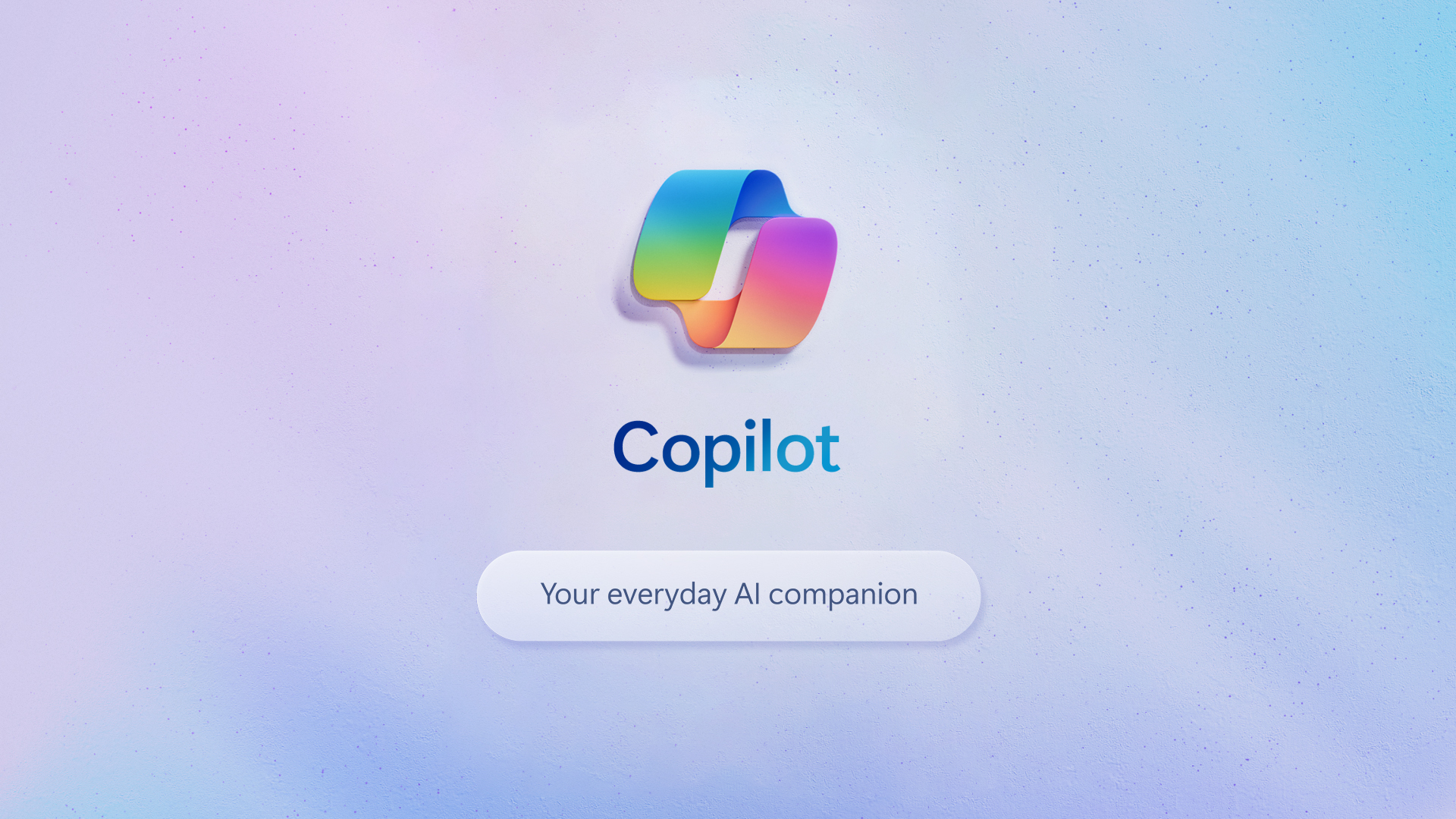Ethics in AI refers to the principles, guidelines, and considerations that govern the development, deployment, and use of artificial intelligence technologies in an ethical and responsible manner. Ethical considerations in AI are essential to ensure that AI systems align with societal values, respect human rights, and mitigate potential risks and harms. Here are some key aspects of ethics in AI:
- Transparency and Explainability: AI systems should be transparent, and their decision-making processes should be understandable and explainable to users. Transparency helps build trust and accountability and enables users to understand how AI systems operate and make decisions.
- Fairness and Bias Mitigation: AI systems should be designed and deployed in a fair and unbiased manner, ensuring equal treatment and opportunities for all individuals regardless of race, gender, ethnicity, or other attributes. Developers should identify and mitigate biases in training data and algorithms to prevent discriminatory outcomes.
- Privacy and Data Protection: AI systems should respect user privacy and data protection laws by collecting, storing, and processing personal data responsibly and securely. Developers should implement privacy-preserving techniques and obtain informed consent from users before collecting or using their data.
- Accountability and Responsibility: Developers, organizations, and policymakers should be accountable for the design, deployment, and consequences of AI systems. Clear lines of responsibility should be established, and mechanisms for addressing errors, biases, and unintended consequences should be in place.
- Safety and Reliability: AI systems should be designed to prioritize safety and reliability, especially in critical applications such as autonomous vehicles, healthcare, and finance. Developers should implement robust testing, validation, and fail-safe mechanisms to minimize the risk of accidents, errors, and malfunctions.
- Human-Centered Design: AI systems should be designed with the needs, preferences, and well-being of users in mind. Human-centered design principles prioritize user experience, accessibility, and inclusivity, ensuring that AI technologies are intuitive, usable, and beneficial to a diverse range of users.
- Social and Environmental Impact: Developers should consider the broader social, economic, and environmental impacts of AI technologies and strive to maximize positive outcomes while minimizing negative consequences. Ethical AI should contribute to societal progress, sustainability, and the common good.
- Regulation and Governance: Policymakers, regulators, and industry stakeholders play a crucial role in establishing regulations, standards, and guidelines for ethical AI development and deployment. Effective governance frameworks ensure compliance with ethical principles and promote responsible innovation in AI.
- Continuous Learning and Improvement: Ethical considerations in AI are dynamic and evolving, requiring continuous learning, adaptation, and improvement. Developers, researchers, and practitioners should stay informed about emerging ethical issues and best practices in AI ethics and engage in ongoing dialogue and collaboration to address them.
By integrating ethical considerations into every stage of the AI lifecycle, from design and development to deployment and evaluation, stakeholders can ensure that AI technologies contribute to a more equitable, inclusive, and sustainable future for society. Ethical AI practices are essential for building trust, fostering innovation, and realizing the full potential of artificial intelligence for the benefit of humanity.











